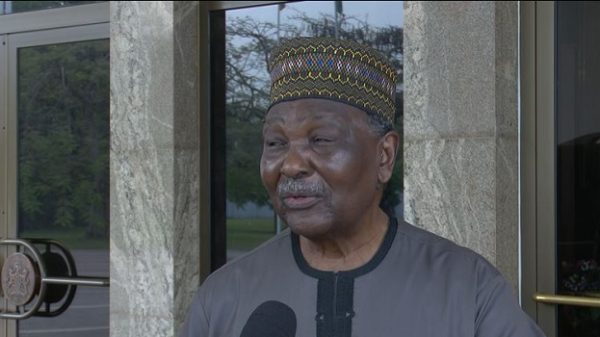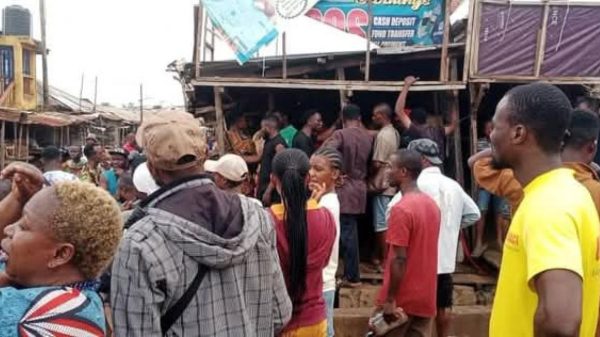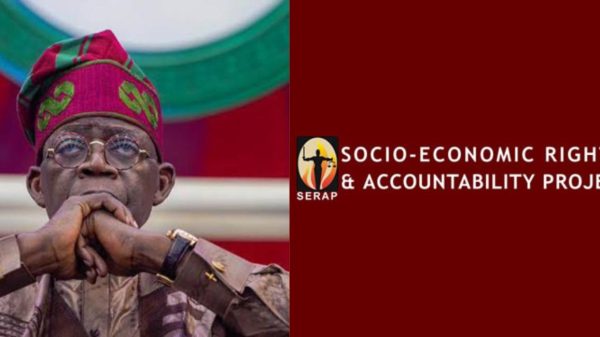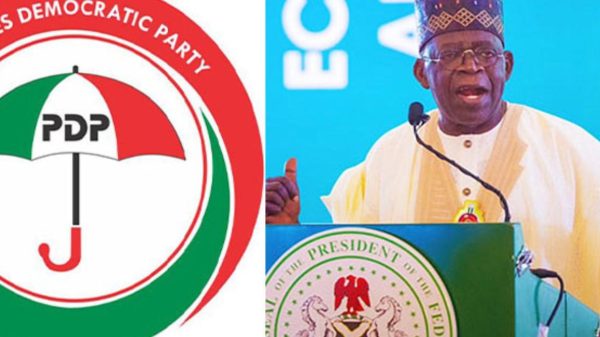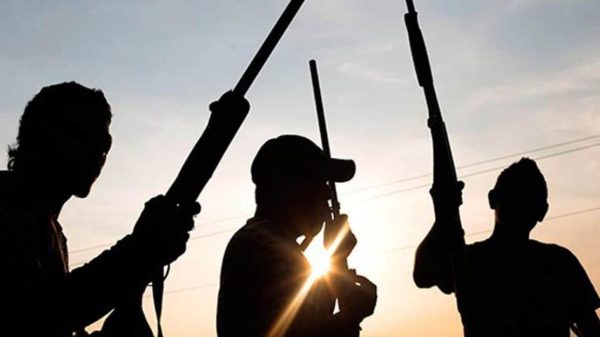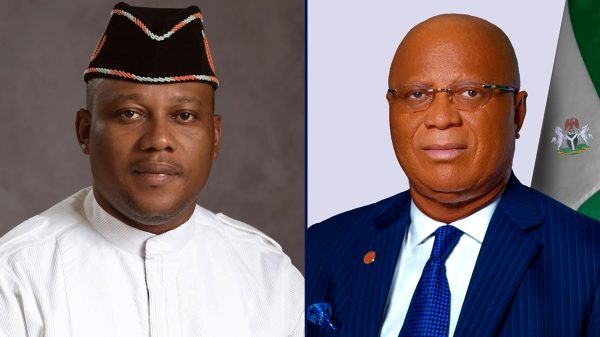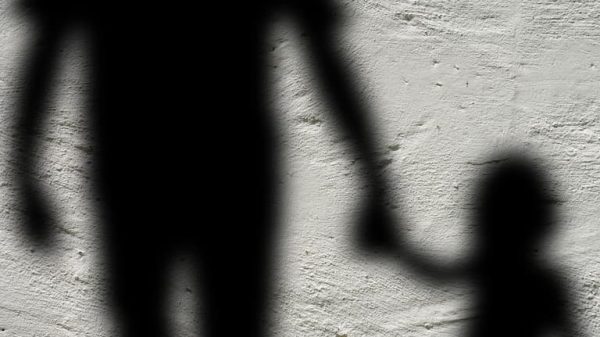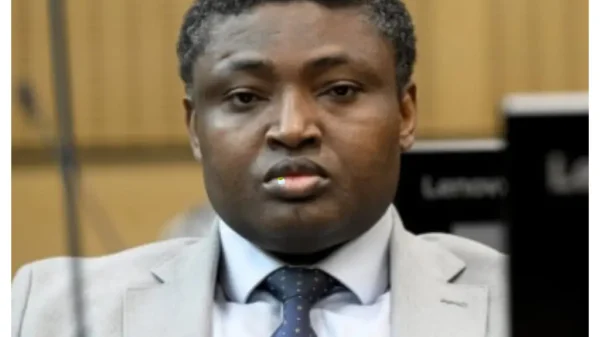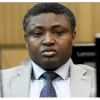Nnamdi Kanu’s legal team has urged the Nigerian government to grant him bail or ensure a conducive environment for his trial. Kanu, leader of the Indigenous People of Biafra (IPOB), has been in detention since his controversial extradition from Kenya in June 2021, facing terrorism charges. During a press conference, lawyer Jude Ugwuanyi argued that Kanu’s continued detention is linked to the insecurity in Nigeria’s South-east region. He stated, “The federal government should allow this man either bail or give him enough room to discuss with his lawyers to effectively defend himself.”
Ugwuanyi pointed out that the insecurity in the South-east, where Kanu has significant influence, has escalated due to his prolonged detention. The lawyer also shared a personal account, revealing he had lost a family member to the violence and insecurity in the region. He emphasized that addressing the situation by releasing Kanu would help reduce tensions and improve safety in the area.
Meanwhile, Kanu’s legal team also questioned the impartiality of the judge handling his case, Justice Binta Nyako of the Federal High Court, Abuja. Kanu had previously requested her to recuse herself, citing bias. His special counsel, Aloy Ejimakor, explained at the press conference that Kanu’s decision stemmed from the judge’s refusal to adhere to a Supreme Court ruling that approved Kanu’s bail. Additionally, Kanu lost confidence in her handling of the trial as she allowed proceedings to continue despite the inadequate conditions for Kanu to prepare his defense.
Ejimakor raised concerns about the State Security Service (SSS) seizing legal documents and eavesdropping on confidential discussions between Kanu and his lawyers. He argued, “A defendant is entitled, as of constitutional rights, to the adequate facility to prepare his defense and interact with his counsels in an atmosphere of confidentiality.” This lack of privacy, according to Ejimakor, has severely hampered Kanu’s ability to defend himself effectively.
Another lawyer on Kanu’s team, Nnaemeka Ejiofor, supported the decision to request the judge’s recusal, explaining it was a constitutional right for a defendant to ask for a new judge if they believe their rights are not being protected. Ejiofor emphasized that Kanu’s request for Justice Nyako’s removal was not out of disrespect for the court but was in line with his legal rights.
Kanu’s legal troubles date back to his first arrest in 2015 under the administration of former President Muhammadu Buhari. In October 2022, the Court of Appeal ruled that Kanu’s extradition was unlawful, violating his rights. The court also dismissed the terrorism charges against him and ordered his release, but the government refused, arguing that releasing Kanu would heighten insecurity in the South-east. The case eventually reached the Supreme Court, which in December 2023 reversed the Appeal Court’s ruling and ordered the continuation of Kanu’s trial. The trial has since been plagued by legal disputes over his detention conditions and the handling of his case..


